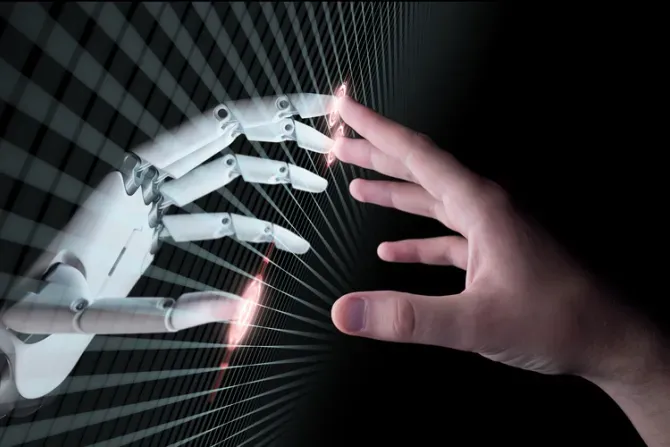He said the handbook results from “a desire to promote an inclusive conversation between the technology sector and the broader human community whose future will be shaped in so many ways by decisions made by those who are managing innovation. This is a conversation that must include those of diverse nationalities, of various cultures, and of different faiths and none, so that we learn together how to build a better world for all.”
The handbook is intended for corporate businesses. It offers specific recommendations on technology issues like artificial intelligence, machine learning, encryption, security, data privacy, and digital surveillance. It also provides an operational roadmap to ensure new technologies are adapted following ethical practices and principles.
The ethics handbook is the first publication from the Institute for Technology, Ethics, and Culture, itself a new initiative of Santa Clara University’s Markkula Center for Applied Ethics. The institute itself was developed with support from the Vatican’s Dicastery for Culture and Education. ITEC aims to promote deeper thought on how technology impacts humanity by bringing together leaders from business, civil society, academia, government, and religious traditions, Santa Clara University said in a June 28 statement.
“If we build the future badly, we will live in a terrible world,” the ITEC ethics handbook says in its introduction. It notes that many products and services are integrating new technologies that come with ethical risks that need to be mitigated.
The handbook aims to be a reference for various kinds of readers: high-level business executives, corporate legal counsel, technology ethics advocates, human resources executives and managers, and executives and managers who oversee product and service life cycles.
The handbook’s co-authors are Brian Patrick Green, director of Technology Ethics at the Markkula Center; José Roger Flahaux, former technology executive; and Ann Gregg Skeet, senior director of leadership ethics at the Markkula Center.
“We are delighted to offer this resource to organizations striving to align their technological advancements with ethical principles,” Green said in a Wednesday statement. He said that organizations can “build trust, foster innovation, and create a positive societal impact” by integrating ethical considerations.
Tighe’s introductory note describes the ethics handbook as the result of “a somewhat unlikely cooperation” between the Markkula Center, technology and management professionals, and the Centre for Digital Culture at the Dicastery for Culture and Education.
The bishop reflects on his meetings with experienced Silicon Valley representatives, including those involved in artificial intelligence and machine learning. He says he has been impressed by “their desire to maintain high ethical standards for themselves and for their industry.” Many technology industry initiatives aim to ensure that technology serves humanity, is “human-centered,” “open,” and is “ethical by design.”
“This desire to maintain ethical standards reflects both an intrinsic commitment to doing good and a realistic aversion to the risk of reputational damage and long-term commercial harm,” Tighe writes.








